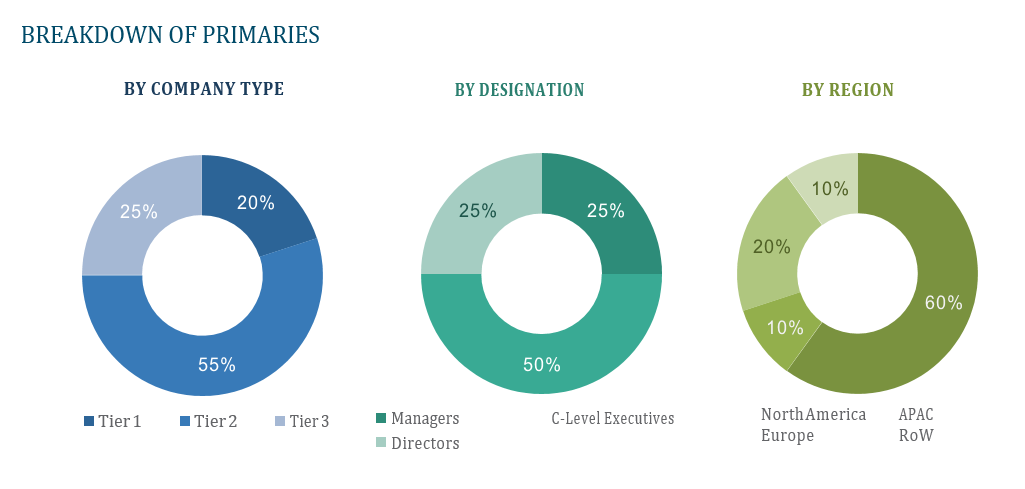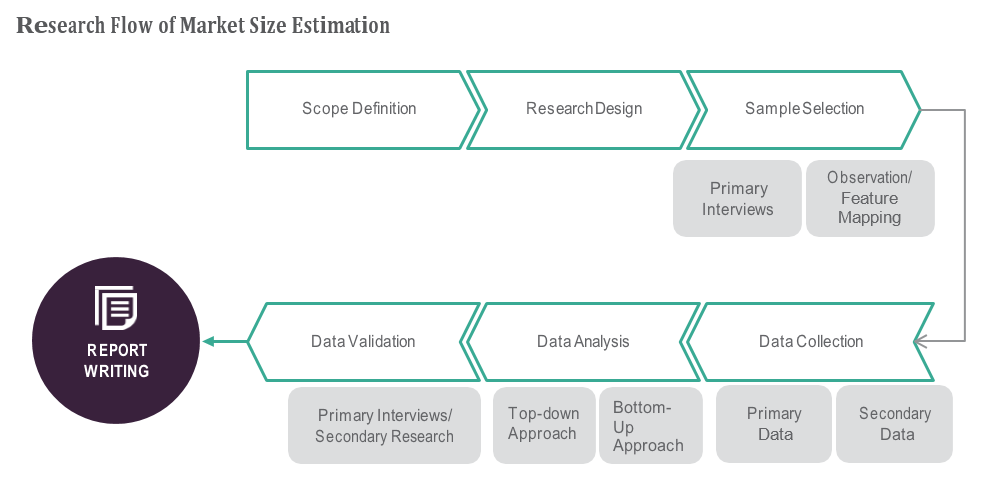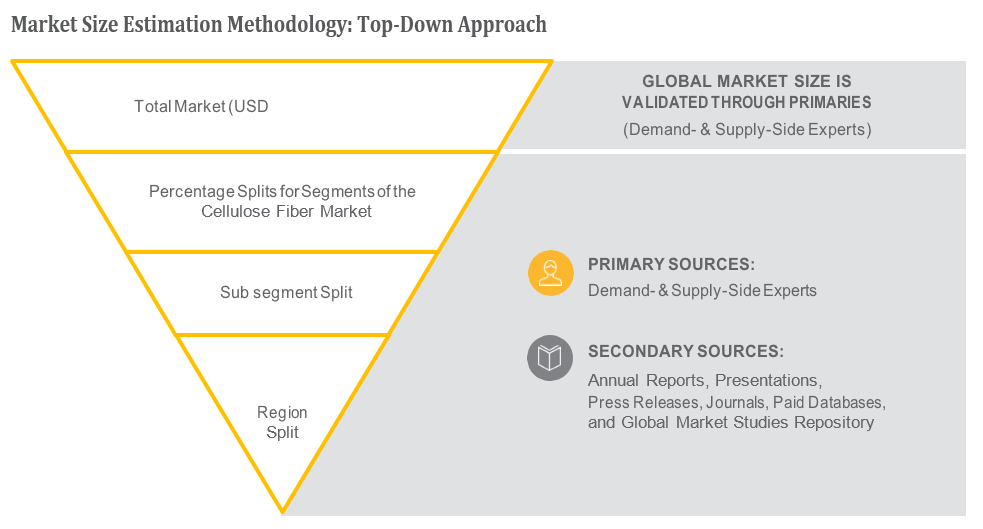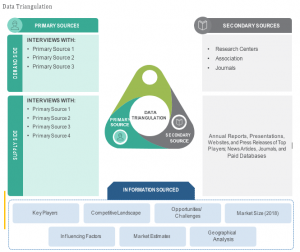OVERVIEW
The Medical Device Contract Manufacturing Market is currently valued at USD 78.9 billion in 2024 and will be growing at a CAGR of 11.4% over the forecast period to reach an estimated USD 149.4 billion in revenue in 2029. he medical device contract manufacturing market encompasses a dynamic landscape wherein specialized companies provide manufacturing services to medical device developers and manufacturers. These services typically include design, engineering, prototyping, manufacturing, assembly, and packaging of medical devices, catering to a wide range of healthcare sectors such as cardiovascular, orthopedic, neurology, diagnostics, and more. Contract manufacturing firms offer expertise in areas like precision machining, injection molding, electronics assembly, and sterilization processes, ensuring compliance with stringent regulatory requirements such as FDA standards. This industry plays a vital role in accelerating product development timelines, reducing costs, and enhancing scalability for medical device companies, allowing them to focus on innovation and commercialization while leveraging the manufacturing capabilities of specialized partners. The market is characterized by a diverse range of players, from large multinational corporations to niche providers, each offering unique capabilities and services tailored to the specific needs of medical device developers. As the demand for innovative medical devices continues to grow globally, fueled by factors like aging populations and advancements in healthcare technologies, the contract manufacturing market is poised for sustained expansion and innovation.
The increasing demand for innovative medical devices, driven by factors such as aging populations, rising chronic diseases, and technological advancements, fuels the need for efficient and scalable manufacturing solutions. Additionally, stringent regulatory requirements and quality standards necessitate specialized manufacturing expertise, prompting medical device companies to outsource production to contract manufacturers with proven track records in compliance and quality assurance. Cost containment initiatives within healthcare systems globally also drive companies to seek cost-effective manufacturing solutions offered by contract manufacturers. Moreover, the trend towards personalized medicine and customization in healthcare further boosts the demand for flexible manufacturing capabilities provided by contract manufacturers.
Table of Content
Market Dynamics
Drivers:
The increasing demand for innovative medical devices, driven by factors such as aging populations, rising chronic diseases, and technological advancements, fuels the need for efficient and scalable manufacturing solutions. Additionally, stringent regulatory requirements and quality standards necessitate specialized manufacturing expertise, prompting medical device companies to outsource production to contract manufacturers with proven track records in compliance and quality assurance. Cost containment initiatives within healthcare systems globally also drive companies to seek cost-effective manufacturing solutions offered by contract manufacturers. Moreover, the trend towards personalized medicine and customization in healthcare further boosts the demand for flexible manufacturing capabilities provided by contract manufacturers.
Key Offerings:
Contract manufacturers in the medical device industry provide a comprehensive range of services to support the entire product lifecycle. These offerings typically include design and engineering services, where manufacturers collaborate with clients to develop prototypes and optimize product designs for manufacturability and regulatory compliance. Manufacturing capabilities encompass precision machining, injection molding, electronics assembly, and sterilization processes, ensuring efficient and high-quality production of medical devices. Assembly and packaging services ensure that the final products meet rigorous standards for safety and usability. Additionally, contract manufacturers often provide supply chain management solutions, including sourcing of materials and components, inventory management, and logistics, to streamline the manufacturing process and enhance efficiency. Quality assurance and regulatory compliance are paramount, with manufacturers adhering to stringent standards such as ISO certifications and FDA regulations to ensure the safety and efficacy of medical devices.
Restraints :
The medical device contract manufacturing sector is expanding, but there are a number of obstacles in its way. One major obstacle is the complexity and regional variations in regulatory regulations, which can raise compliance costs and create obstacles for contract manufacturers trying to enter the market. Moreover, some medical device businesses might be discouraged from outsourcing their production processes entirely due to worries about data security and intellectual property protection. Furthermore, the industry is vulnerable to changes in the price of raw materials and interruptions in the supply chain, which can have an effect on production schedules and raise operational risks. In addition, the growing rivalry among contract manufacturers and the consolidation of medical device companies may put downward pressure on profit margins and prices. Finally, supply chain dynamics and investment decisions can be impacted by market volatility and uncertainty brought about by geopolitical unrest and trade disputes. In order to overcome these obstacles, medical device companies, contract manufacturers, and regulatory agencies must strategically collaborate in order to improve transparency, expedite procedures, and reduce risks. This will ultimately promote a more robust and long-lasting medical device manufacturing ecosystem.
Regional Information:
• In North America, particularly in the United States, the medical device contract manufacturing market thrives due to robust healthcare infrastructure, a strong regulatory framework, and a high demand for innovative medical technologies. The region boasts a diverse landscape of contract manufacturers, ranging from large multinational corporations to specialized niche providers, offering a wide array of services tailored to the unique needs of medical device companies. Additionally, strategic partnerships between contract manufacturers and healthcare institutions, research organizations, and academic centers foster innovation and collaboration, driving the development of cutting-edge medical devices.
• In Europe, countries like Germany, Switzerland, and the United Kingdom serve as key hubs for medical device contract manufacturing, benefitting from advanced manufacturing capabilities, skilled workforce, and proximity to major healthcare markets. The European market is characterized by stringent regulatory standards, particularly under the EU Medical Device Regulation (MDR), which emphasize safety, quality, and compliance, driving the demand for contract manufacturing services that can ensure adherence to these requirements.
• In Asia Pacific, countries such as China, Japan, and Singapore are witnessing rapid growth in the medical device contract manufacturing market, fueled by expanding healthcare infrastructure, increasing investments in research and development, and a growing demand for cost-effective manufacturing solutions.
Recent Developments:
• In November 2023, Jabil Inc. announced the successful acquisition of Retronix, an innovative provider in the reclamation and refurbishment of electronic components, completed earlier this year.
• In January 2023, Integer announced the acquisition of Pulse Technologies, Inc., a privately held technology, engineering and contract manufacturing company focused on complex micro machining of medical device components for high growth structural heart, heart pump, electrophysiology, leadless pacing, and neuromodulation markets.
Key Players:
Flex Ltd., Integer Holdings Corporation, Jabil Inc., Celestica Inc., TE Connectivity Ltd., Plexus Corp., Sanmina Corporation, Benchmark Electronics, Kimball Electronics, Inc., and Nordson Corporation.
1) What is the projected market value of the Medical Device Contract Manufacturing Market ?
– The Medical Device Contract Manufacturing Market is expected to reach an estimated value of USD 149.4 billion in revenue by 2029.
2) What is the estimated CAGR of the Medical Device Contract Manufacturing Market over the 2024 to 2029 forecast period?
– The CAGR is estimated to be 11.4% for the Medical Device Contract Manufacturing Market over the 2024 to 2029.
3) Who are the key players in the Medical Device Contract Manufacturing Market ?
– Flex Ltd., Integer Holdings Corporation, Jabil Inc., Celestica Inc., TE Connectivity Ltd., Plexus Corp., Sanmina Corporation, Benchmark Electronics, Kimball Electronics, Inc., and Nordson Corporation.
4) What are the drivers for the Medical Device Contract Manufacturing Market ?
– The demand for innovative medical devices, driven by aging populations, chronic diseases, and technological advancements, necessitates efficient manufacturing solutions. Stringent regulatory requirements, quality standards, cost containment, and personalized medicine demand flexible manufacturing capabilities from contract manufacturers.
5) What are the restraints and challenges in the Medical Device Contract Manufacturing Market ?
– The medical device contract manufacturing market faces challenges such as complexity of regulatory requirements, intellectual property protection concerns, supply chain disruptions, competition, and geopolitical uncertainties. These factors can increase compliance costs, hinder market entry, and impact production schedules. To overcome these obstacles, strategic collaboration between contract manufacturers, medical device companies, and regulatory authorities is needed to streamline processes, enhance transparency, and mitigate risks.
6)What are the key applications and offerings of the Medical Device Contract Manufacturing Market ?
– Contract manufacturers in the medical device industry offer a range of services to support the entire product lifecycle, including design, engineering, manufacturing, assembly, packaging, supply chain management, and quality assurance. They adhere to stringent standards like ISO certifications and FDA regulations to ensure the safety and efficacy of medical devices.
7) Which region is expected to drive the market for the forecast period?
– North America is expected to have the highest market growth from 2024 to 2029
Why Choose Us?
Insights into Market Trends: Global Market Studies reports provide valuable insights into market trends, including market size, segmentation, growth drivers, and market dynamics. This information helps clients make strategic decisions, such as product development, market positioning, and marketing strategies.
Competitor Analysis: Our reports provide detailed information about competitors, including their market share, product offerings, pricing, and competitive strategies. This data can be used to inform competitive strategies and to identify opportunities for growth and expansion.
Industry Forecasts: Our reports provide industry forecasts, which will inform your business strategies, such as investment decisions, production planning, and workforce planning. These forecasts can help you to prepare for future trends and to take advantage of growth opportunities.
Access to Industry Experts: Our solutions include contributions from industry experts, including analysts, consultants, and subject matter experts. This access to expert insights can be valuable for you to understand the market.
Time and Cost Savings: Our team at Global Market Studies can save you time and reduce the cost of conducting market research by providing comprehensive and up-to-date information in a single report, avoiding the need for additional market research efforts.












